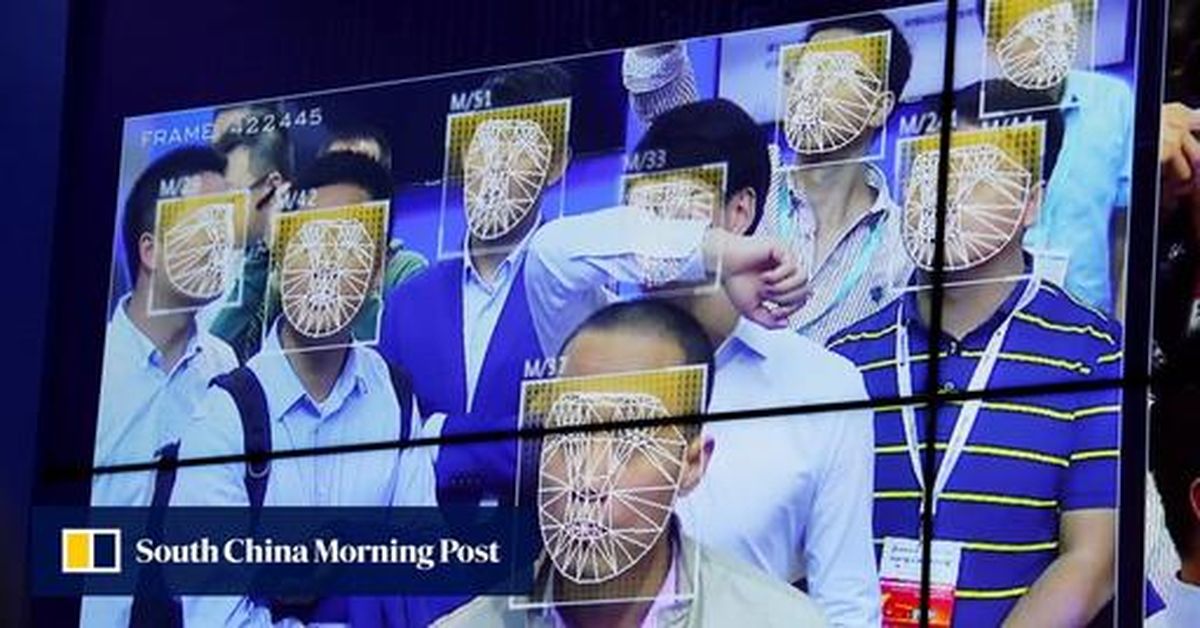In a world where technology constantly evolves, the use of facial recognition has sparked a heated debate about privacy, security, and the implications of surveilling the general public. As countries around the globe grapple with these issues, Morocco and China are stepping up to tackle concerns related to facial recognition regulations.
Morocco’s National Commission for the Protection of Personal Data (CNDP) announced on March 21, 2025, its plans to hold hearings aimed at establishing regulations that protect privacy specifically in video surveillance contexts. The commission detailed that this initiative is designed to unify the interpretation of Law 09-08, which governs the protection of personal data in the kingdom.
In its statement, released on Friday, the CNDP clarified, “The use of video surveillance is now a key issue, covering various aspects such as the protection of public and private spaces, the recording of events for research or security purposes, and risk prevention.” The commission is eager to engage stakeholders involved in video surveillance to ensure clear guidelines and robust safeguards.
Interestingly, Morocco is set to install a staggering 4,000 AI-powered cameras equipped with facial recognition capabilities by the end of 2025. This project is part of a broader security enhancement strategy, particularly as the nation prepares for significant events like the 2025 Africa Cup of Nations and the 2030 World Cup. The proposed surveillance system will incorporate advanced cameras, automatic license plate recognition, and artificial intelligence to monitor behaviors in real-time.
However, the introduction of such surveillance measures has raised alarms about potential mass surveillance and tracking capabilities that could infringe on citizens’ privacy rights in public spaces. Critics express concern that these advancements might lead to unwarranted monitoring of everyday activities without consent, calling for a careful and balanced approach as Morocco considers integrating this new technology.
In a related context, China is preparing to implement its own regulations governing facial recognition technology, which will take effect on June 1, 2025. This marks the first major effort by Chinese authorities to regulate a technology that has rapidly become ubiquitous in daily life, from hotel check-ins to gated community entrances and digital payments.
The new regulations aim to address the mounting public concerns about the risks posed to personal data privacy and security. Specifically, the guidelines require that “voluntary and explicit consent made on the premise of full knowledge” must be obtained when processing facial information based on individual consent. This critical requirement is a direct response to the pervasive nature of facial recognition technology in China, which has integrated it heavily into its security surveillance network.
“The regulations are aimed to ensure the protection of individual rights while enhancing public safety,” noted a spokesperson from China’s cyberspace regulator. This approach reflects the growing realization among Chinese authorities that while facial recognition can improve security, it also presents significant challenges concerning individual privacy.
Both Morocco and China present differing approaches toward regulating facial recognition technology, showcasing the delicate balance between harnessing technology for public safety while respecting citizens’ broad privacy rights. For Morocco, engaging stakeholders to create a unified stance on data protection signifies an essential advance in protecting personal data. Meanwhile, China’s regulatory framework, emphasizing consent, characterizes its attempt to regulate an ingrained part of its security apparatus.
As these nations carve out their paths in the face of rapid technological advancements, the actions taken will likely have far-reaching implications, not only for the populations within their borders but also for how other countries approach the intricacies of privacy and surveillance in a digitized world. The expectations surrounding these measures indicate a growing awareness of the need for responsible governance in the use of such powerful yet potentially intrusive technologies.


